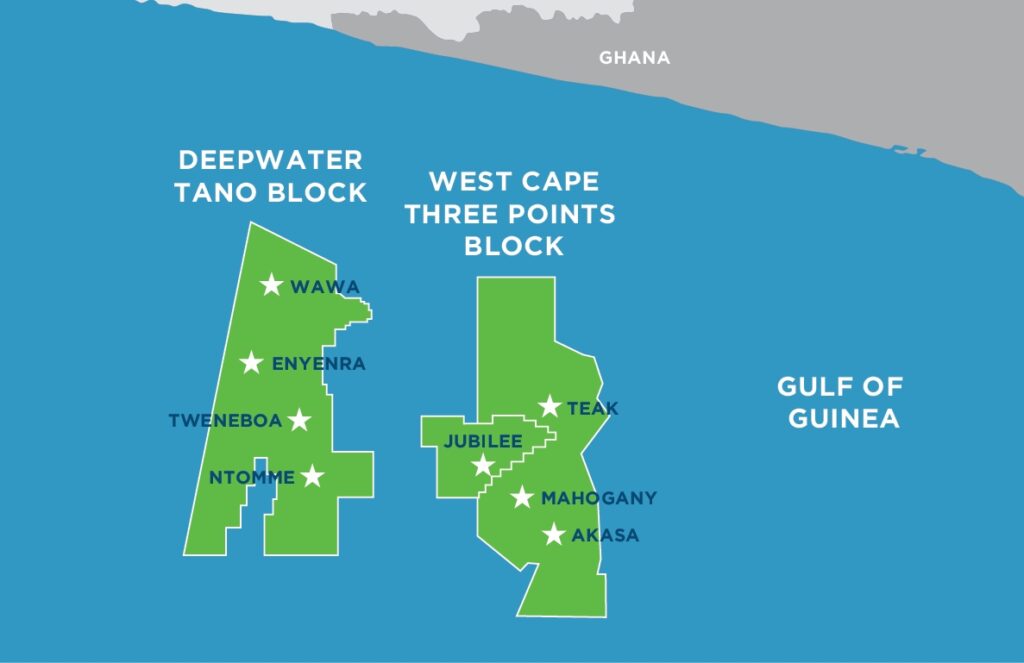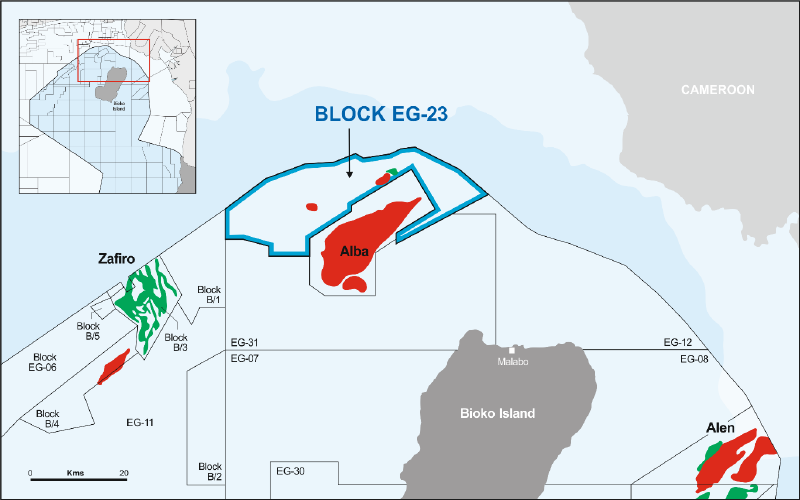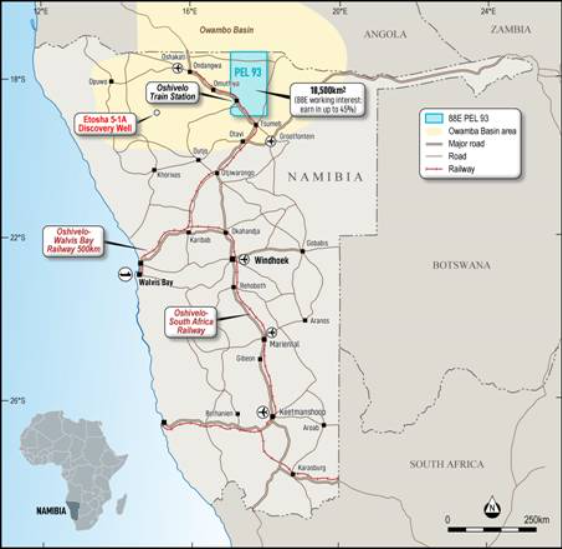Uganda Applies for EITI Membership
Uganda is preparing to join, the global standard for the promotion of transparency and good governance in the management of oil, gas and mineral resources, the extractive industries transparency initiative (EITI) after it submitted its application last month.
According to EITI Uganda’s candidature application form, together with supporting documentation, were approved by the MSG on 2 July 2020 ten days prior to the official candidature application and is currently under review by the EITI Board.
Following this gesture the country has received praise from many quarters including the European Union which termed the decision as an important step in increasing accountability, support revenue mobilisation & improve investment climate.
?? congratulates @GovUganda for applying for @EITIorg membership! #EITI has potential to increase accountability, support revenue mobilisation & improve investment climate. A big step as ?? gears up for oil production & continues precious minerals’ export! https://t.co/nV8fmvIGmy
— EU in Uganda (@EUinUG) August 3, 2020
The move to join EITI commenced on January 28th 2019 when the Cabinet through Minute 27 (CT 2019), made the decision for Uganda to join the EITI and tasked the Minister of Finance, Planning and Economic Development (MoFPED) to spearhead the process to fulfill the specified steps that countries are required to take in order to join EITI.
In February 2019, the Minister of Finance issued a statement of commitment to join EITI and subsequently appointed the Director Economic Affairs in the Ministry as the Senior Government Official and Chairperson of the MSG to lead the process. In March 2019, the MSG was set up and constituted to oversee the EITI process. The MSG is supported by a National Secretariat which was set up in November 2019.
The MSG has held seven meetings in which it has developed its Terms of Reference and the National Medium Term Work Plan which intends to address the challenges facing the extractives industry in Uganda and which include: limited transparency and other challenges related to revenue management, accountability and governance.











